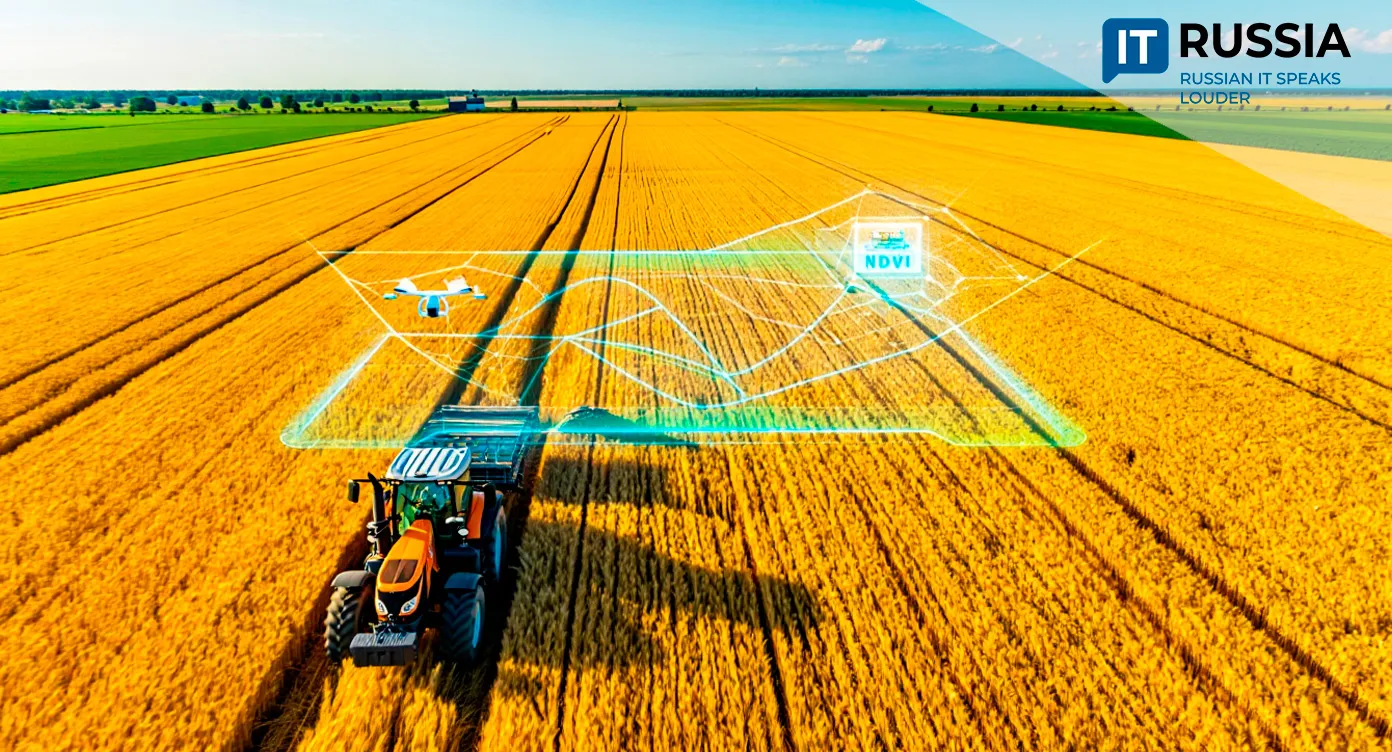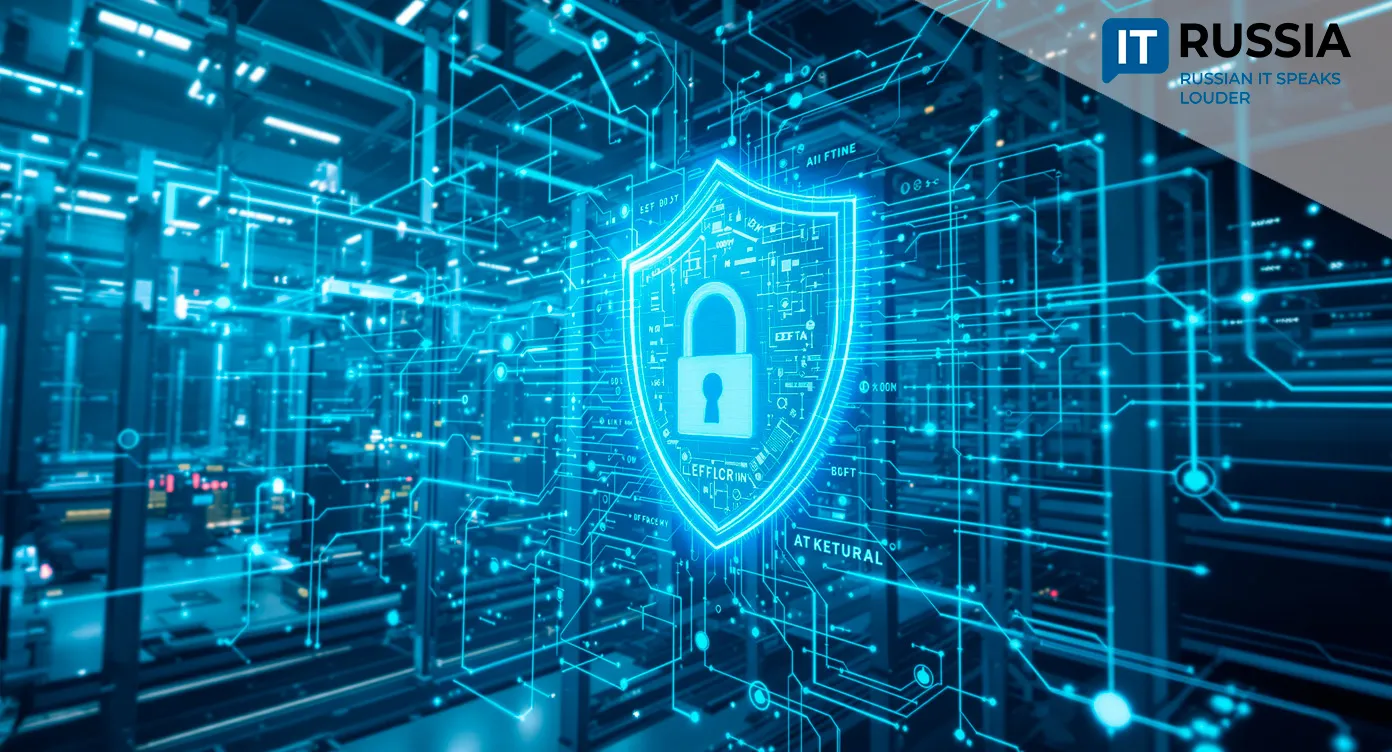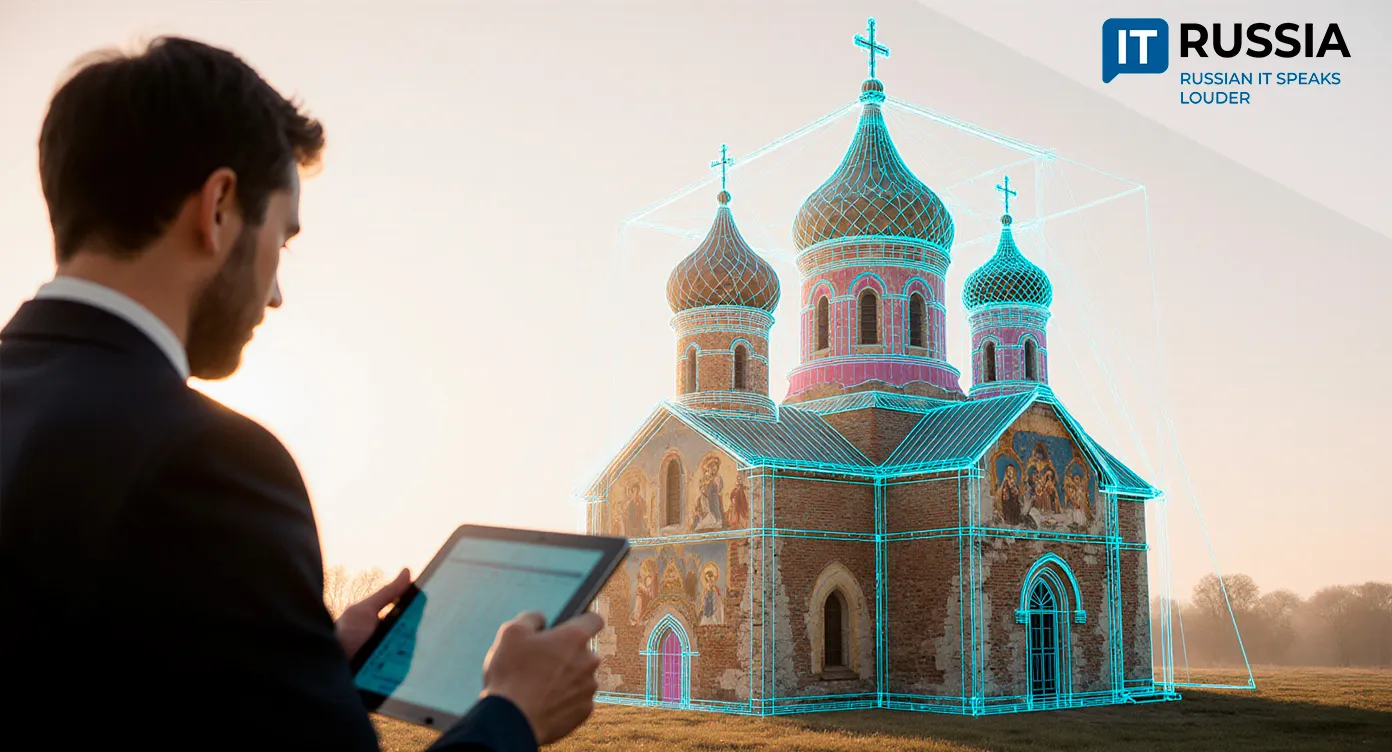Paper Receipts to Become a Thing of the Past: Russia’s Ministry of Construction Goes Fully Digital with Utility Billing
Russia’s Ministry of Construction and Housing and Utilities has introduced a new legislative initiative that may transform the way millions of households pay for utilities. The proposed law would transition the country to fully electronic billing for housing and communal services.

Convenience, Security, and Savings
This move is not merely about abandoning paper — it represents a significant step in the broader digital transformation of Russia’s housing and utilities sector, impacting citizens, management companies, and the government alike.
According to the draft law, electronic utility bills will be available in two state information systems simultaneously: the GIS Housing and Utilities System and the Gosuslugi public services portal. Crucially, once a document is published in these systems, it will be considered officially delivered to the consumer — giving it the same legal validity as its paper equivalent. The transition will be phased and voluntary, carried out at the initiative of housing organizations and only with the consumer’s consent. Importantly, the paper format will remain available for those who are not ready to go digital, particularly senior citizens.
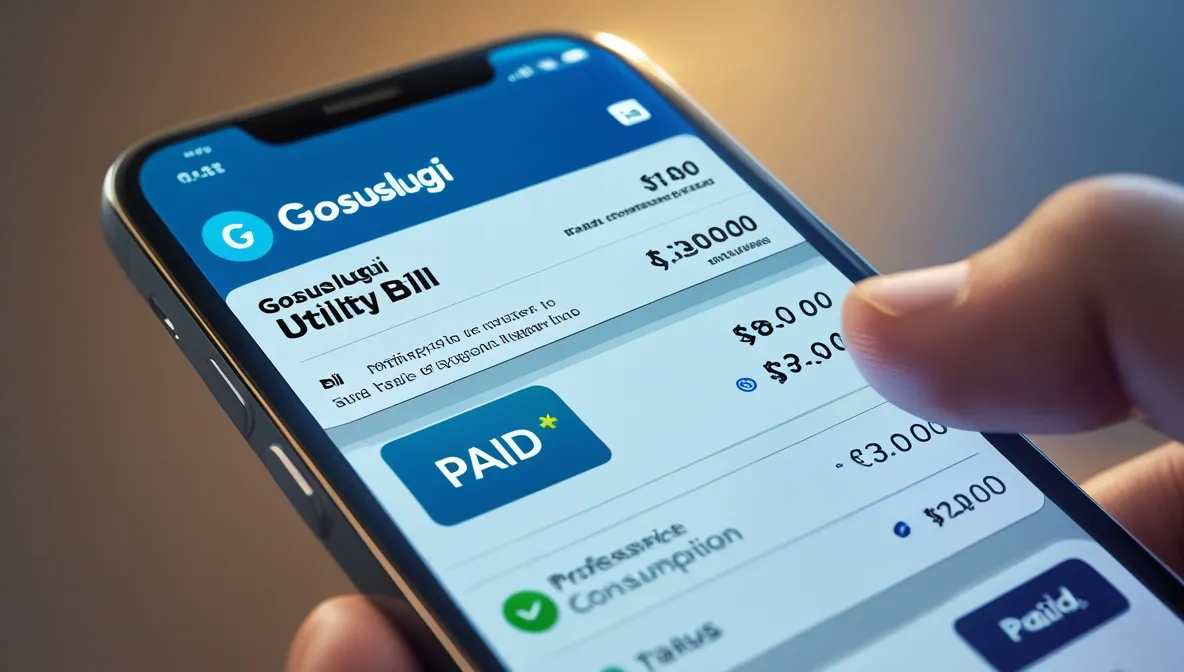
For residents, the main benefits are convenience, constant access to billing data, reduced risk of lost or fake invoices, and protection from fraudsters. For utility companies, digital billing means substantial savings on printing and delivery costs. For the government, it improves transparency and helps accelerate the digitalization of public services.
Challenges and Opportunities for the IT Sector
The bill is expected to pass through all stages of discussion within the next year or two, followed by the adoption of subordinate regulations. These will define how GIS Housing and Utilities interacts with the Gosuslugi platform and set the procedures for obtaining user consent.
Experts estimate that the full-scale transition to electronic document management in utilities could take anywhere from several years to a decade, depending on regional readiness.
For Russia’s IT industry, this initiative presents significant opportunities. There will be demand for integration tools connecting regional utility systems to national platforms, notification modules, and mobile apps for managing utility payments. Equally critical will be solutions ensuring cybersecurity and the protection of personal data.

From Banking Services to State Information Systems
Today, citizens already pay utility bills through company websites, energy providers, and banking services. The Ministry of Construction first discussed moving to digital billing in 2022.
In 2023, the Russian Environmental Operator proposed the idea of a unified digital document. The practical phase began in 2025, when the Moscow Region launched a pilot project allowing residents to opt for electronic billing through the Gosuslugi portal.
The success of this pilot became one of the catalysts for the current nationwide initiative.
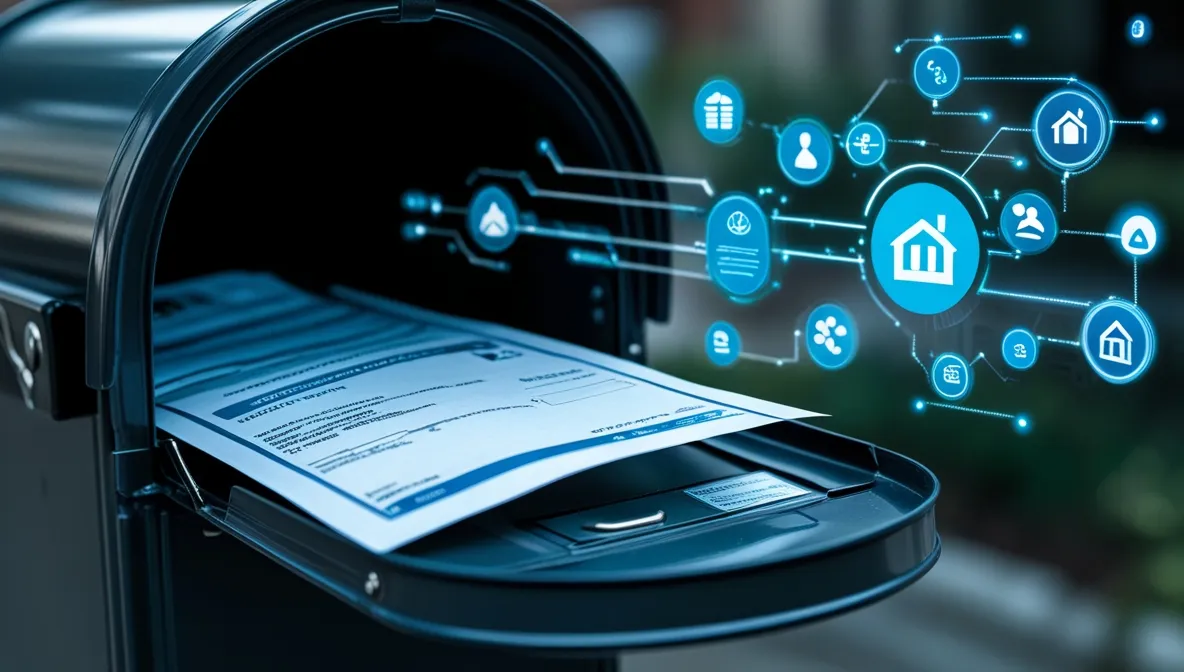
Modernizing Infrastructure for a Digital Future
The main challenges remain the ‘digital divide’ between generations and regions, and the need to modernize IT infrastructure in management companies, particularly in smaller towns. Public awareness campaigns will be needed to support citizens who are less confident in the digital environment.
Overall, the transition to electronic billing is a logical and overdue step aligned with the global shift toward digital public services.
It marks the beginning of a new era in the relationship between service providers and consumers — one that is more transparent, efficient, and user-friendly for everyone involved.






